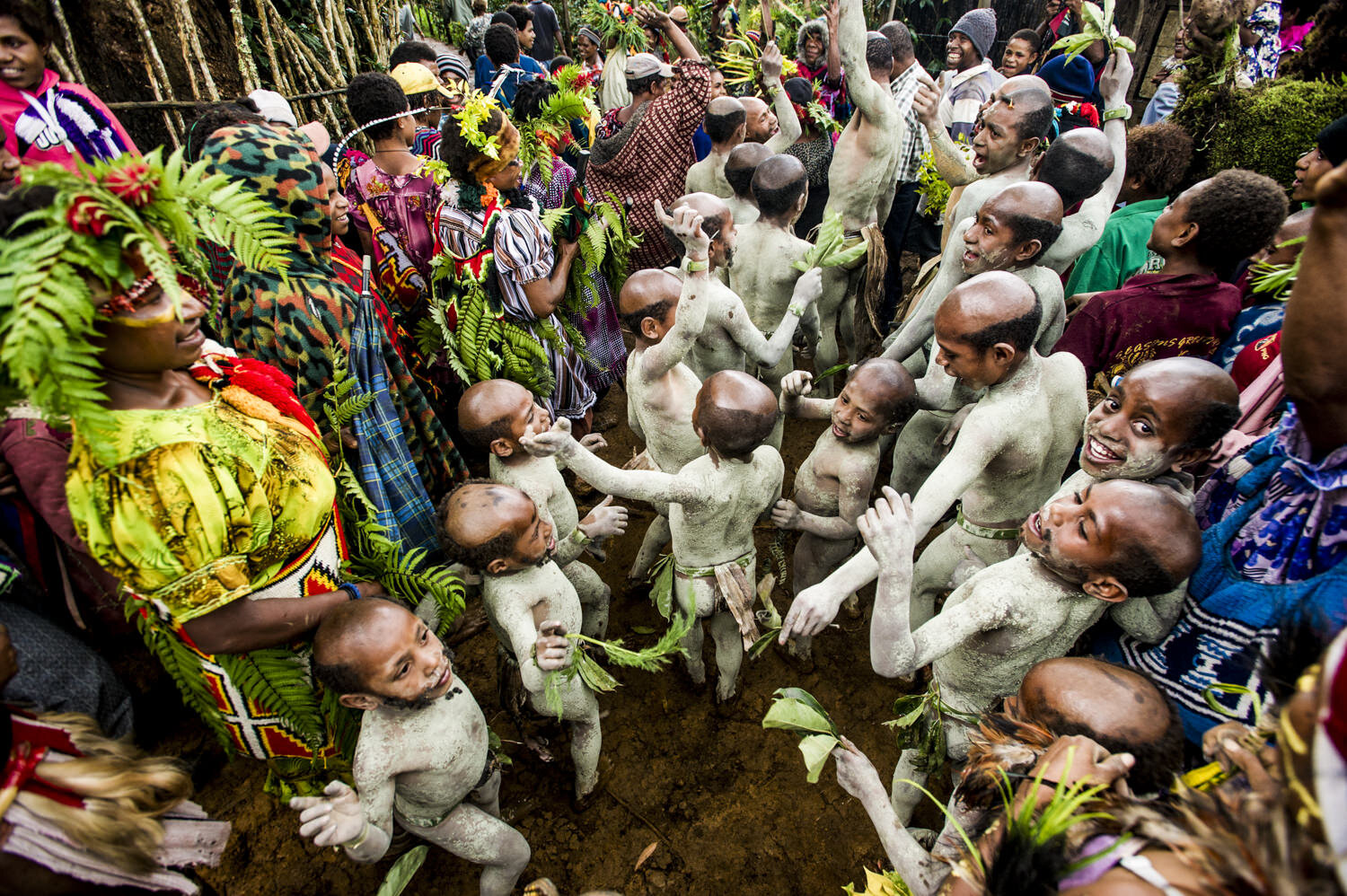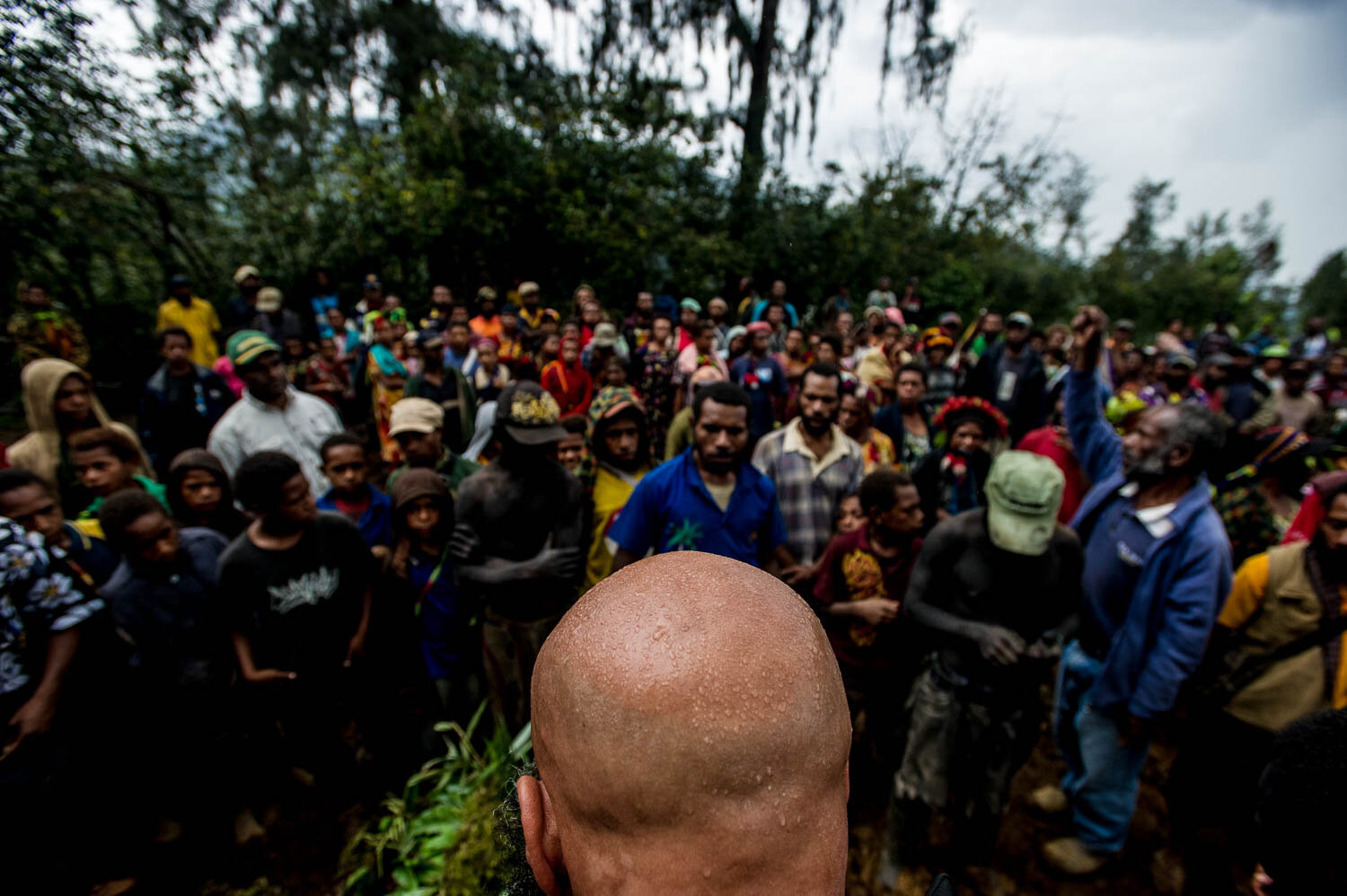
POLITICS AND VIOLENCE IN PAPUA NEW GUINEA
Intertribal conflict in the Highlands of Papua New Guinea has reached new heights during the run-up to the political elections.
In the Highlands of Papua New Guinea, the contest for the 2012 national election is underway. No expenses- and no lives- will be spared as ambitious individuals from all over the highlands lead the voting public in a two-month festival that takes in traditional clothing, machine guns, ancestral belief, copious amounts of marijuana and some of the most palpably optimistic and overtly corrupt political shenanigans on the planet.
Politics in Papua New Guinea adheres to the Westminster system – the exact same system used in the UK. But that’s about as far as the similarities go. “A lot of candidates are stockpiling arms,” says Thompson Harokaqveh, the country’s Minister for Environment & Conservation. “I could do this too, but it will just make things worse.”
As more and more villagers get hold of automatic weapons, tribal warfare is becoming increasingly violent. Last month, 16 people were slaughtered in the small town of Kainantu due to a long-standing tribal feud. None of this bodes well for the 2012 elections and the Australian government has already laid out plans to evacuate 15,000 expatriates if things get out of control.
As this spectacular performance unravels, multinationals continue to throw money into the country. A cooperative led by Exxon Mobil has already invested $15 billion into tapping Papua’s reserve of natural gas, most of which has already been presold to China. PNG is expensive, its economy catering mainly to the corporate interests that sustain it. Meanwhile, a poor and under-educated population is short-term and partisan in its expectations, happy with handouts and less concerned with long-term policy. “We’re trying to cram 300 years of development into 25,” says 26-year-old Kenneth Manove. “But we’re actually three generations from the stone age.”























